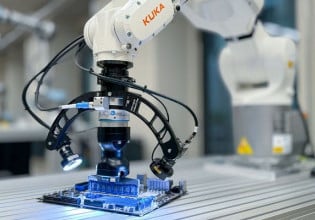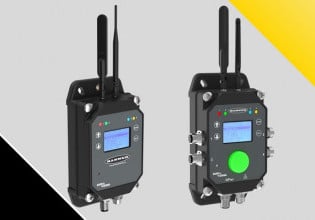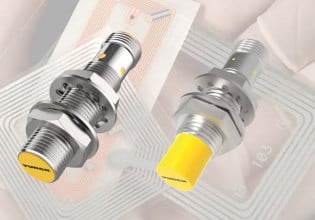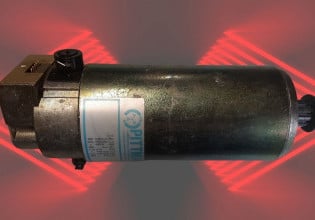A
I am a technician for industrial combustion systems and controls. I am having a hard time finding information about the current NFPA regulations concerning PLC's and burner controls. I am familiar with NFPA 8501/02. Is there any
clear-cut information out there to help me understand what is legal, or at least accepted by IRI, FM, etc.. PLEASE HELP
clear-cut information out there to help me understand what is legal, or at least accepted by IRI, FM, etc.. PLEASE HELP






